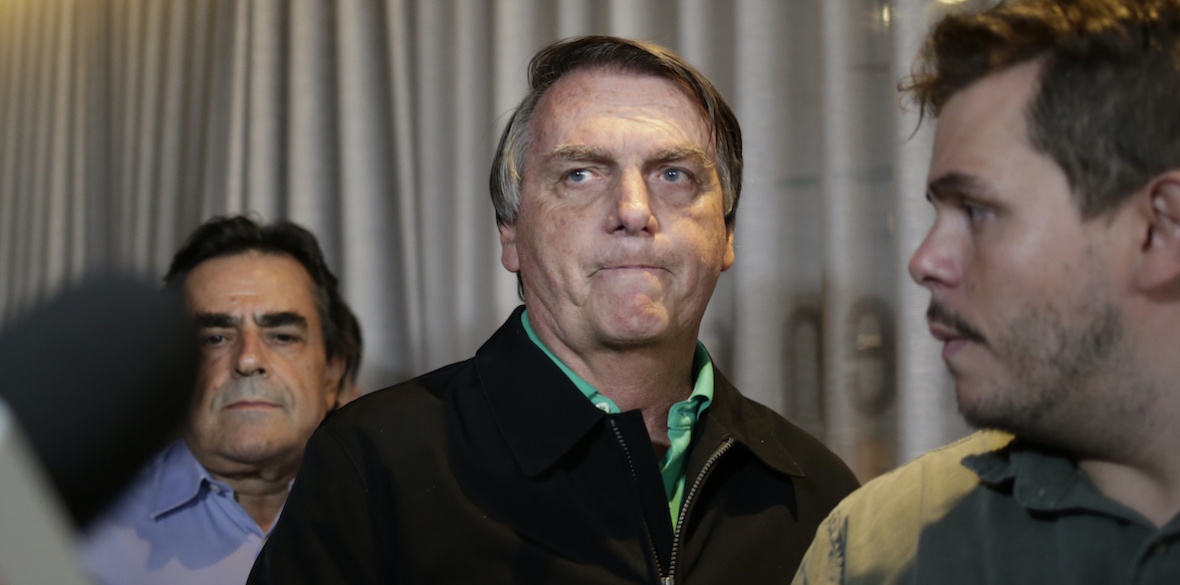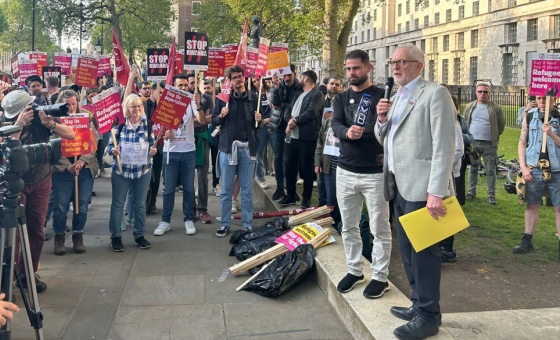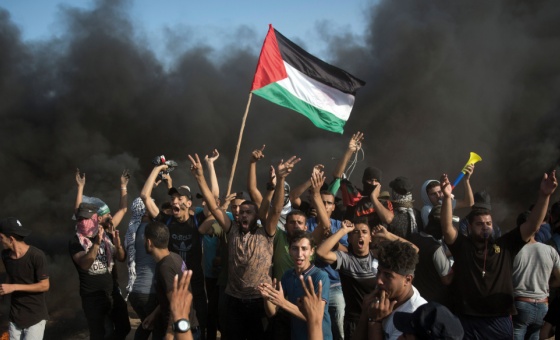This is the last article you can read this month
You can read more article this month
You can read more articles this month
Sorry your limit is up for this month
Reset on:
Please help support the Morning Star by subscribing here
THERE were 800 Brazilian indigenous people murdered during the presidency of rightwinger Jair Bolsonaro, a new report revealed today.
The report Violence against Indigenous Peoples in Brazil, published by the Indigenous Missionary Council (Cimi) said that during Mr Bolsonaro’s time in office, there were 795 cases of homicides against indigenous people throughout the country.
The launch of the report at the National Conference of Bishops of Brazil (CNBB) and was attended by indigenous leaders and representatives of the CNBB and Cimi, such as Ricardo Hoepers, general secretary of the CNBB, and the president of Cimi, Roque Paloschi.
The states hardest hit by the killings were Roraima and Amazonas, home to the Yanomami community, where 208 and 168 people were murdered respectively.
In Mato Grosso do Sul 146 killings were reported.
The report also says that the highest rates of suicide were also to be found in these three states between 2019 and 2022.
Nearly three-quarters of the total of the 535 indigenous people who took their own lives were from Roraima, Amazonas and Mato Grosso do Sul.
An increase in conflicts over territorial rights was also reported, especially in 2022, when 158 violent acts were reported, together with 309 cases of illegal exploitation of natural resources, invasions and damage to indigenous property in 218 indigenous territories of 25 states of Brazil.
The report of the tragic situation facing indigenous communities in Brazil during four years of Mr Bolsonaro’s rule showed the loss of demarcations of indigenous lands, an increase in conflicts and the dismantling of policies aimed at safeguarding indigenous peoples and their territories.
Roberto Antonio Liebgott, one of the authors of the report, said: “This report, unlike the others, closes a cycle of perversity, of four years of brutality. That is why we took the trouble to bring the data collected from the last four years.”












